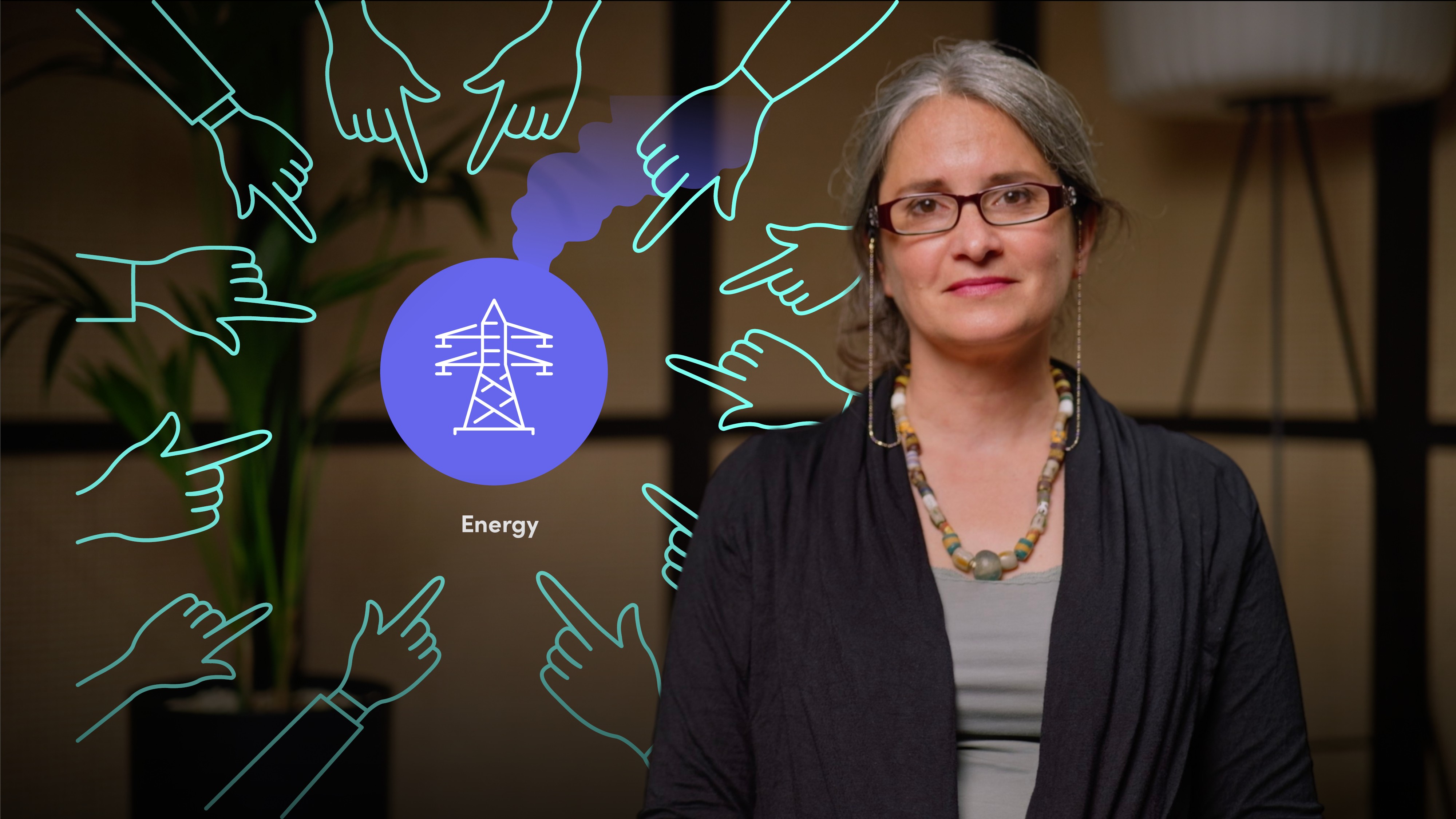
Benefits of an Ecocide Law

Jojo Mehta
Co-founder: Stop Ecocide
How do you create a definition for ecocide that is dynamic, intuitive and supports current legislation? Join Jojo Mehta as she explains how a definition for ecocide was created and what it will accomplish.
How do you create a definition for ecocide that is dynamic, intuitive and supports current legislation? Join Jojo Mehta as she explains how a definition for ecocide was created and what it will accomplish.

Benefits of an Ecocide Law
10 mins 50 secs
Key learning objectives:
Understand how a working definition of ecocide was created
Outline what an ecocide law will accomplish
Identify supporters of an ecocide law
Overview:
Stop Ecocide International was approached by Swedish parliamentarians asking if they could create a draft definition for ecocide that would be concise, effective and politically practical. Stop Ecocide International created a definition with 12 top experts that is based on consequences, reinforced existing laws and outlined clear thresholds that must be met. When passed, this law will create an atmosphere and attitude of caution, as well as closer attention to supply chain behaviours for key decision makers. Investors and insurers could start assessing where the safest places are to put their money and what to avoid underwriting. Ecocide law compliant will become a byword for climate-safe and nature-safe.

Jojo Mehta
There are no available Videos from "Jojo Mehta"

